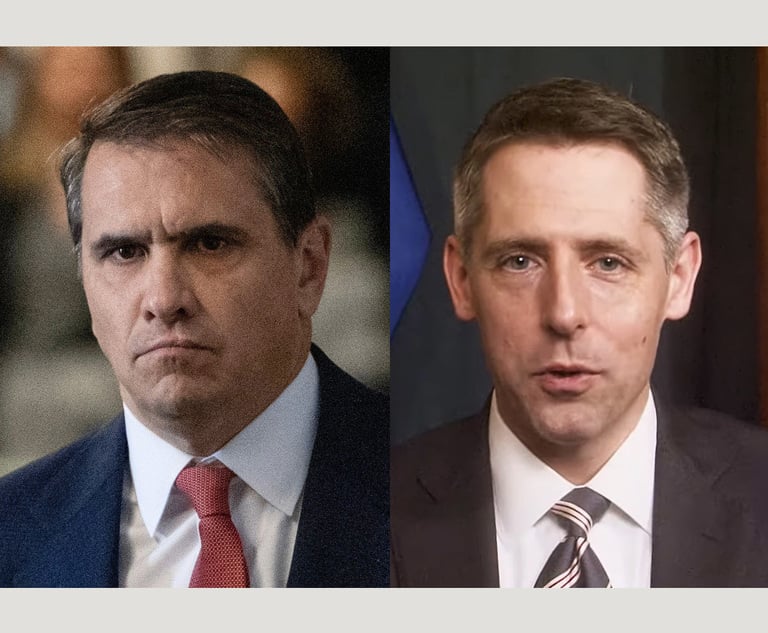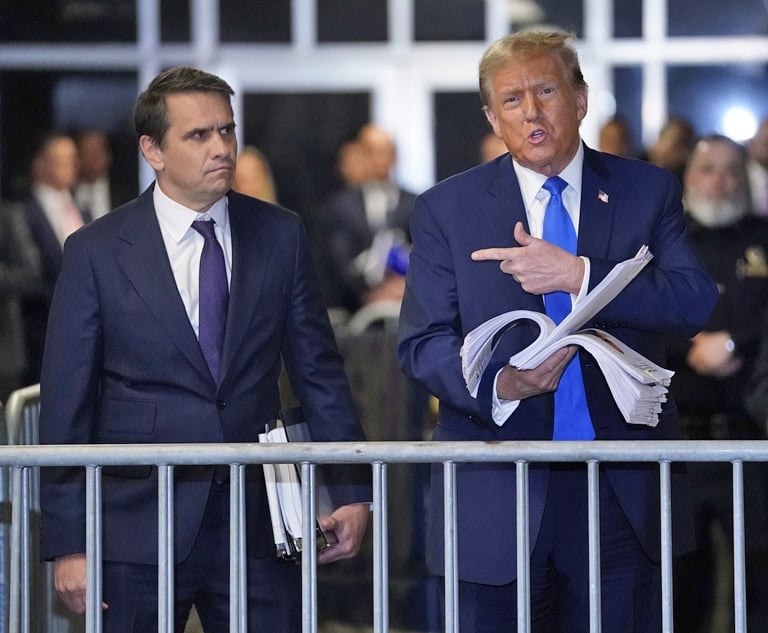 In many recent high-profile white-collar criminal cases, a wide array of defendants (frequently allies of Donald Trump but also some well-known Democrats among them) have pursued a selective prosecution claim. These defendants typically argue they have been singled out while others who were engaged in virtually the same conduct have somehow escaped the government’s wrath. It is not a defense to the merits of the criminal charge itself, but instead an effort to turn the focus on the prosecution and its motivations. The claim is almost always doomed to defeat in court. This article will explore the law on selective prosecution and why, despite the long odds against success, it may still make sense from a defense perspective to assert the claim.
In many recent high-profile white-collar criminal cases, a wide array of defendants (frequently allies of Donald Trump but also some well-known Democrats among them) have pursued a selective prosecution claim. These defendants typically argue they have been singled out while others who were engaged in virtually the same conduct have somehow escaped the government’s wrath. It is not a defense to the merits of the criminal charge itself, but instead an effort to turn the focus on the prosecution and its motivations. The claim is almost always doomed to defeat in court. This article will explore the law on selective prosecution and why, despite the long odds against success, it may still make sense from a defense perspective to assert the claim.
The Legal Standard
The common conception of selective prosecution bears almost no resemblance to the actual legal standard which is grounded in the guarantees afforded by the Equal Protection Clause of the Fourteenth Amendment. Mere selectivity in prosecution creates no constitutional problem, as the government is under no obligation to prosecute all possible defendants in a case. Indeed, at least with respect to white-collar crime, federal prosecutors are generally encouraged (given their limited resources) to achieve deterrence by bringing a handful of high-impact cases in lieu of arresting every offender. Similarly the government does not run afoul of selective prosecution principles when, for example, it dusts off an obscure provision of the criminal code to charge a defendant simply because that law has rarely if ever been used against others before (although that may raise separate constitutional issues as to fair notice).






